Over the years, the Korean Park Chan-wook (Seoul, 59 years old) maintains his forcefulness but has gained in elegance.
A variation that already began in
La doncella
(2016) and that now delves into
Decision to Leave,
a
noir
brimming with aesthetic ambition, hypnotic narration and attractive characters, especially the two leads, who adhere to the canons of classic Hollywood: a detective to whom love will lead him to chain wrong decisions and a
foreign
femme fatale .
As it could not be less, in
Decision to Leave
Nothing is what it seems.
The film was taken at the last Cannes festival, where this interview was conducted, the award for best direction, and is in the Oscars race as a representative of South Korea, although his name sounds like a possible finalist also in script and address.
More information
Park Chan-wook: crime and sex in an oppressive atmosphere
The creator of the Vengeance
diptych
(2002 and 2005), the director who showcased the filmic beauty of a skull-crushing hammer in
Old Boy
(2003), has known how to move between gems shot in his native country —there are
I am a cyborg, Thirst
or the documentary
Bitter, Sweet, Seoul
― with works in English —
Stoker
and
The Drum Girl
series ―.
Although in his best stories crime and sex always swarm.
Park ripped off his latest script thinking more about shooting a love story, a genre that was already running through the arteries of
The Maiden.
“The thing about the
noir
It came later, although there isn't as much violence and sex as in other films of mine, or at least with the amount that many say that I show on the screen.
It's not clear to me;
In short, I wanted to tell a
fou love”.
Sitting in front of the journalist, with a cup of tea in hand and the translator by her side (the filmmaker understands English, although he doesn't feel comfortable speaking it), all that is visible of Park is his eyes and his famous bangs: an immense mask covers his face from fear of covid
Those eyes sparkle when the first question is not about the most vaunted references of
Decision to Leave,
Alfred Hitchcock and the classic cinema of the Warner studio, the house of crime films for decades, but about the women of some Luis Buñuel classics: “ I appreciate that question.
I deeply admire Buñuel, and his most enigmatic women in cinema, and it shows in this
thriller
.
I'm sorry I didn't see all his movies."
Park Chan-wook, in blades and with a mask, on the set of 'Decision to Leave'.
The director delves into the parallels.
“Buñuel's protagonists usually set the narrative rhythm of his films, as in
That Dark Object of Desire.
The movie I like the most is
The Discreet Charm of the Bourgeoisie.
Later I would tell you that
Belle de jour
and
The Exterminating Angel ”
.
The Korean's passion for the most playful filmography with the cryptic of the Spanish filmmaker is clear.
“Of course, now I see Buñuel and Alfred Hitchcock on the screen, but those were not my initial impulses,” he reflects.
“Before moving on to another question, I want to add two details.
I wanted to be an art critic and decided to make movies after seeing
Vertigo
and enjoy the films of Kim Ki-young, who has been my teacher, the filmmaker who has influenced me the most.
Do you know what they called him?
The Korean Bunuel.
And do you know what their best characters were?
The
femme fatales.
The circle closes."
The filmmaker was inspired by the verse of a ballad.
“I started the trip thinking about a phrase from a song and the emotion in which the melody immersed you”, he recounts.
“The funny thing is that I knew the version with a male voice and the original, I discovered later, was performed by a singer.
And her tone was the one that led me to feel the pulse of this love story.
In pre-production I enjoyed another find: the locations added even more detail to the mood, to the tone that
Decision to Leave gives off.”
Park explains that the tonalities of his latest works have been created throughout the different stages of production of a film.
“You can call it seniority, or clarity of determination.
Although over the years I have been concentrating more and more on the story during filming.
The visual style is already launched from the
story board.
If the big decisions are born in the writing of the script, the details are specified in the
story board”.
Park Chan-wook, with the award for best direction in Cannes for 'Decision to Leave' on May 28. John Phillips (Getty)
For the filmmaker, the idea that the protagonist was a Chinese woman in the middle of South Korea was linked "with the concept of
femme fatale,
with that sensation that emanates from feeling like foreigners in a world of men that all of them leave behind in their films”.
And she abounds: “They are solitary characters, survivors.
Many times that lack of emotional connections arises from living in a country that is not their own.
Why a woman like that in her cinema?
“Because the mood that that song provoked in me, and the concept of a love story, also added the interest in shooting a crime film.
It was instant.
Just like the two stages in which the film is divided: I met with my co-writer, the writer Chung Seo-kyung, who encouraged me to shoot again in Korea, and at the moment we understood that the second part turned the first one upside down.
Complexity triumphed.
Now he has returned to Los Angeles, to work for television, specifically in a production,
The Sympathizer,
from A24 for HBO, with Robert Downey junior.
Park has always liked that work "both for young people and for fellow generations."
At Cannes, he acknowledged that he was not sure if he was "worth directing an entire series again by myself" and lamented the current frenetic creative pace of Korean filmmakers.
“Before we passed the scripts, today we don't even have time;
We also live in different countries.
I liked that relationship we had between artists with very different interests”.
Subscribe to continue reading
Read without limits
Keep reading
I'm already a subscriber

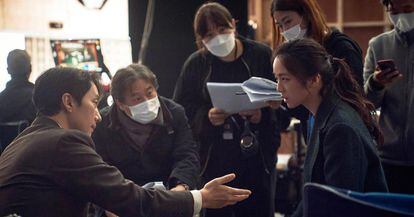

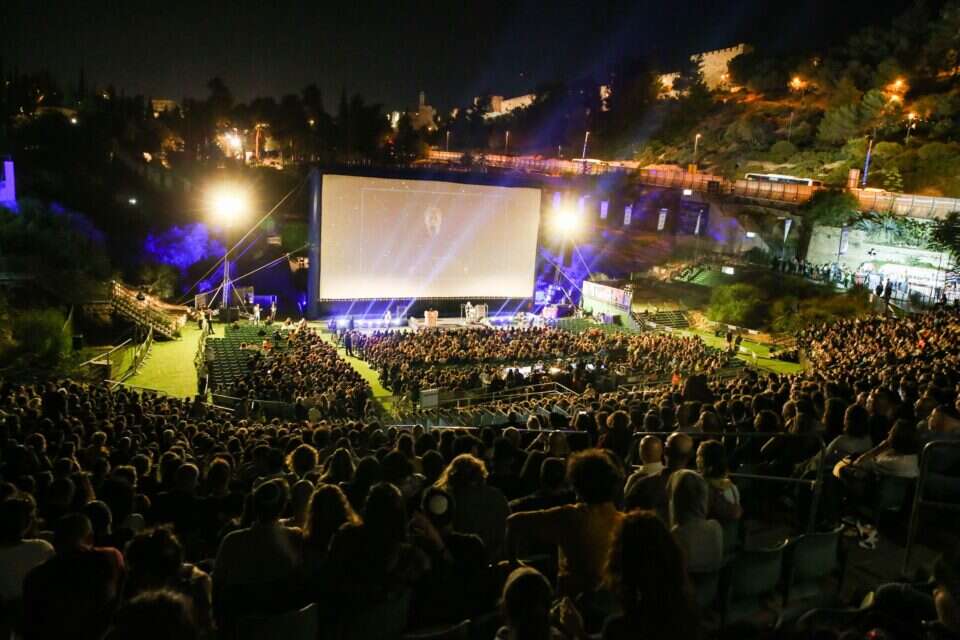
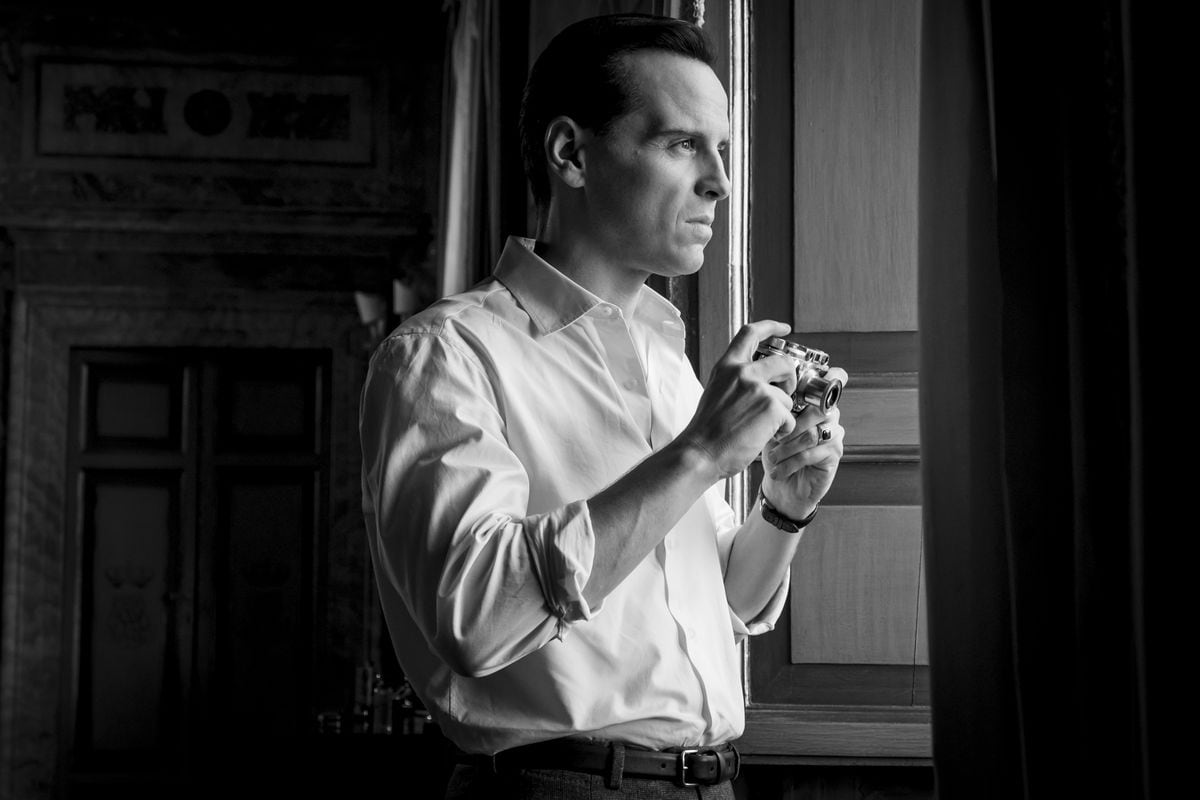
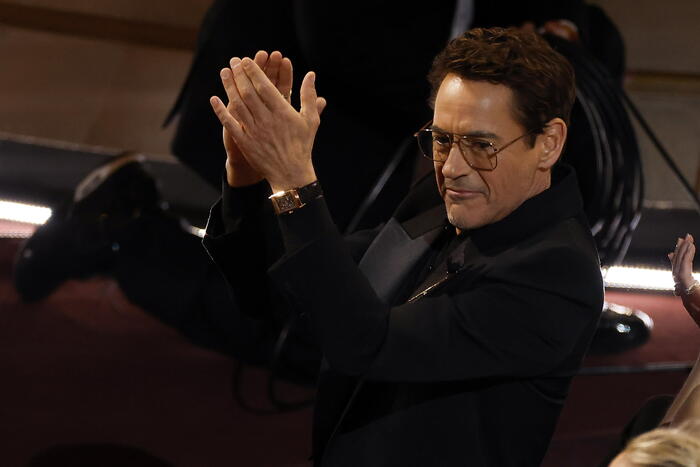
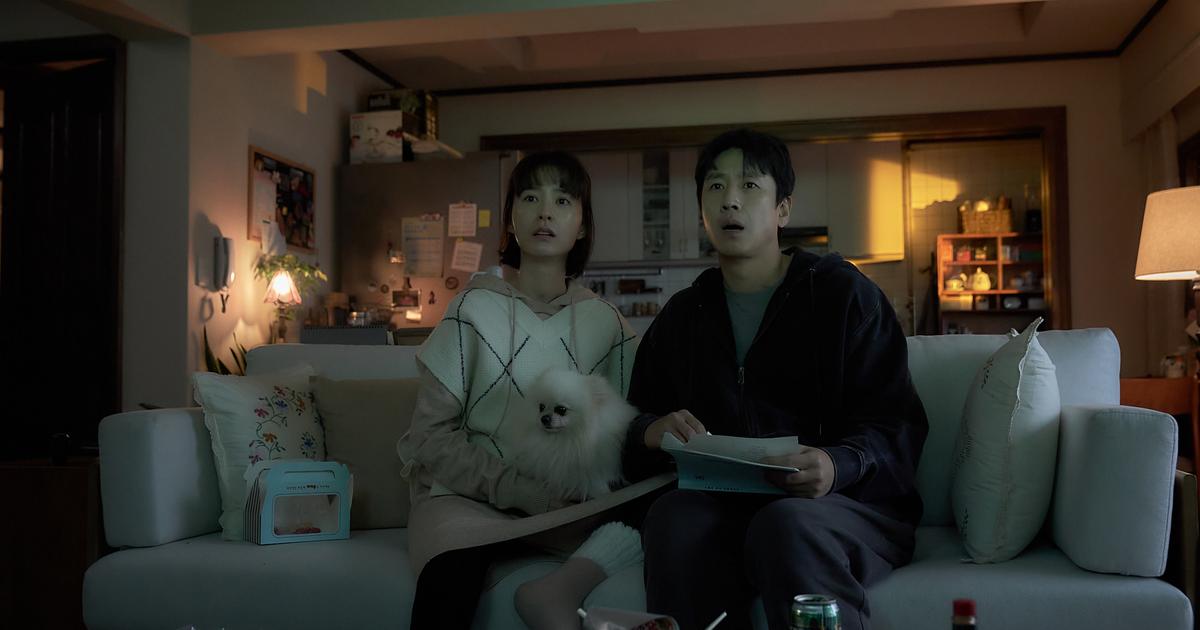
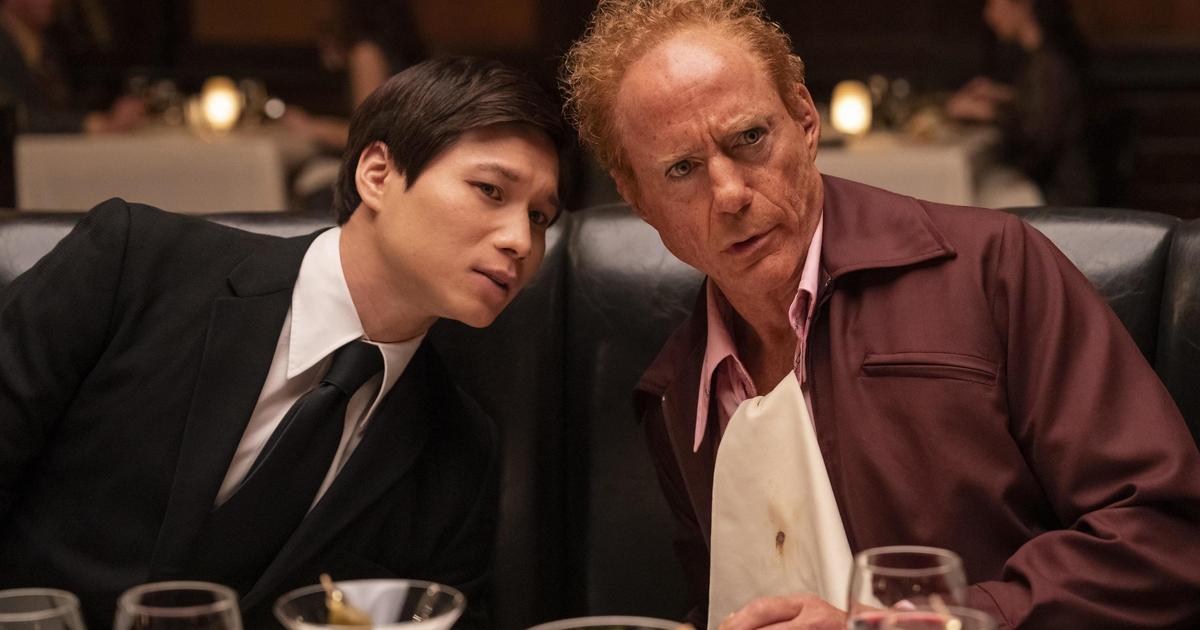
/cloudfront-eu-central-1.images.arcpublishing.com/prisa/6RSPZCXGGNEPDGHAH2LCUARWSI.JPG)
